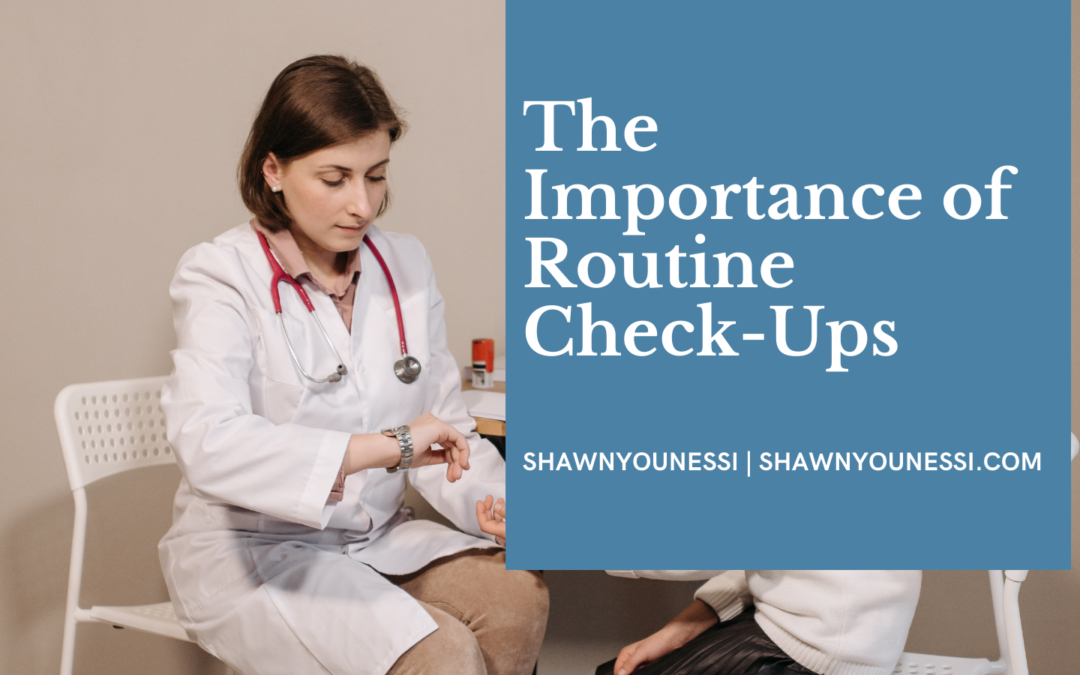The first thing to do when you come down with a cold is to see your doctor. The same goes for routine check-ups. Even if you feel good, it is important to schedule regular visits with your doctor at least once every year. This will allow them the opportunity to identify any potential health problems that could develop over time and prevent them from becoming worse or more severe.
For a smoker, it is essential to schedule regular visits with your doctor so they can monitor the health of your lungs. This will allow them to identify any potential problems before they become worse and more challenging to treat. Even simple things like high blood pressure could be identified during routine check-ups and treated with medication.
Routine check-ups are also an opportunity for your doctor to advise you on improving your health and preventing the disease from developing in the future. If they notice any risk factors leading to heart problems, they can recommend exercise routines or dietary changes to reduce this risk over time. Excessive weight is a leading cause of heart disease and can be identified during routine check-ups.
In addition to identifying potential problems, routine check-ups are an opportunity for your doctor to monitor the progress you have made with any previous health issues or diseases they diagnosed you with in the past. For example, if a patient has been recovering from a stroke, their doctor can monitor their progress and make any necessary adjustments to medication or treatment plans.
When you schedule a routine check-up, you should consider bringing your family with you because many medical problems are hereditary, and the doctor may discover issues that other family members could be at risk for developing as well. Since this visit will likely include a physical exam, you should make sure all family members are up to date with their vaccinations and schedule any necessary visits for this before your routine check-up. This will save time during the appointment and prevent unnecessary stress on your doctor, who may be trying to diagnose multiple people at once.
In conclusion, it is a good idea to bring a list of all the medications you are currently taking along with you when your schedule your appointment. This will allow your doctor to make necessary adjustments and monitor for side effects from medication interactions during routine check-ups.
